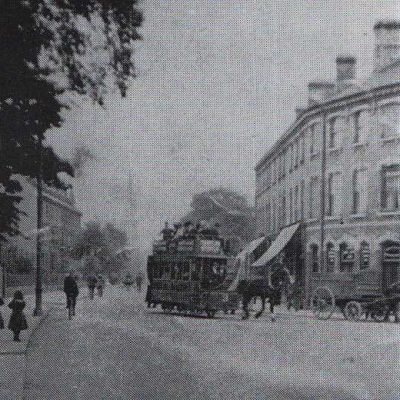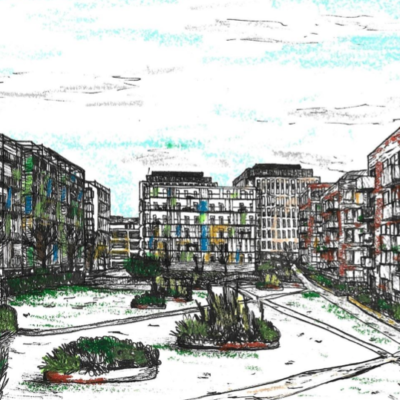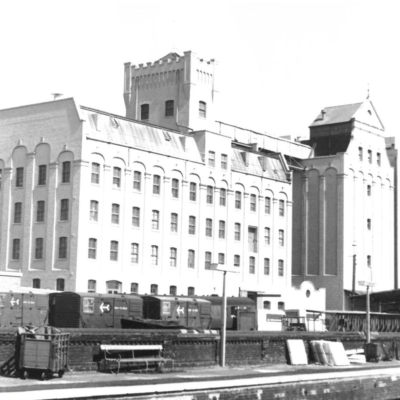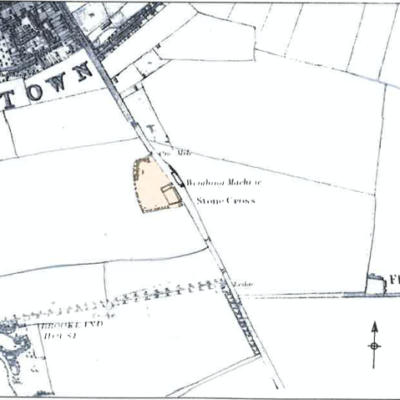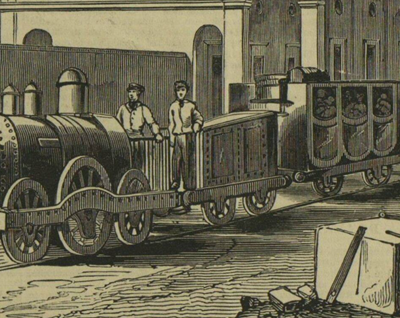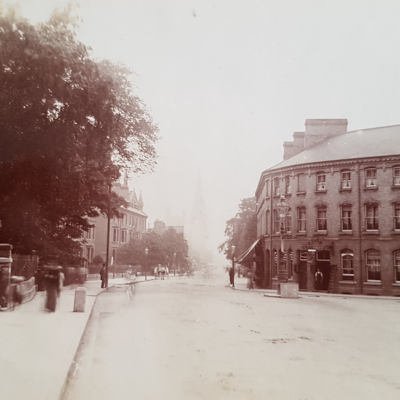Search by topic
- archaeology
- Building of Local Interest
- charity
- church
- crime
- dressmaker
- fire
- Great Eastern Railway
- Listed building
- Mapping Relief
- medieval
- oral history
- poverty
- Public House
- Rattee & Kett
- Religious House
- Roman
- scholar
- school
- Then and Now
- tudor
- women
- work
- world war one
- world war two
Search by text
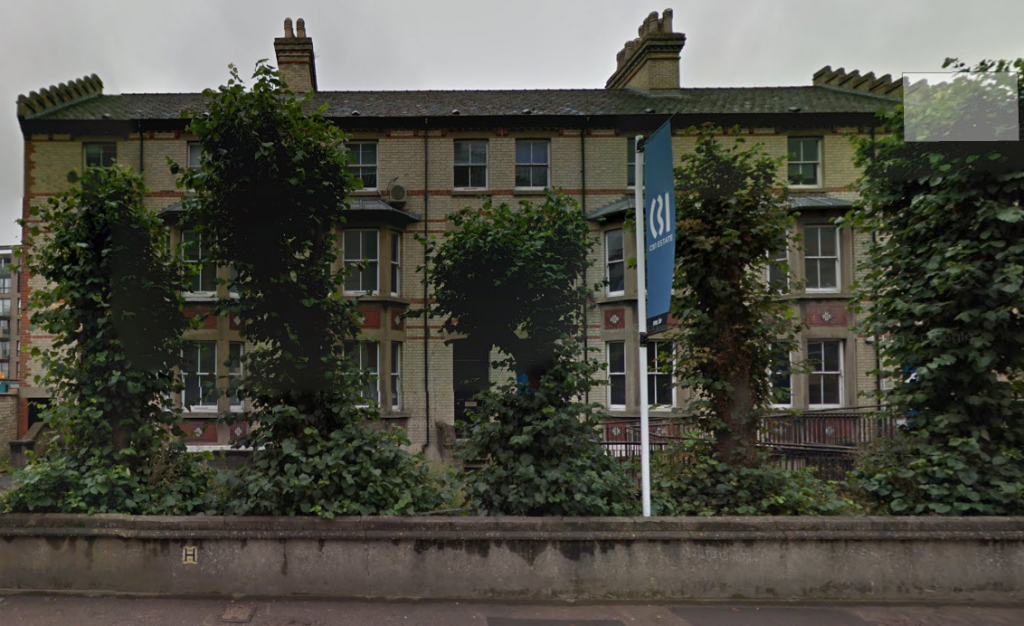 Wilton Terrace Station Road
Wilton Terrace Station Road3 Wilton Terrace, 36 Station Road
History of 36 Station Road
1891
Thomas T Ball, 68, chemical manure manufacturer, born Burwell
Eliza M A Ball, 53, born London
Alice M Ison, 20, cook, born Thriplow
Ellen Wallis, 18, housemaid, born Cambridge
1901
Frederick Dale, 34, tailor outfitter and wine merchant, born London
Edith K, 32, born Cambridge
Guy F, 2, born Cambridge
Dora Pepper, 18, housemaid, born Melbourn
Ethel M Wick, 19, cook, born Gt Eversden
1911
William Frederick Shaw Gillson, 60, bank cashier, born Bath
Annie, 57, born St Neots
Audley John, 29, music dealer, born Cambridge
Margaret Mary, 21, born Cambridge
Florence Kidman, 18, domestic servant, born St Ives
1913
William F S Gillson
Spalding’s 1887 Directory also lists Thomas T[hwaites] Ball (1822 – 1901) living at No. 3 Wilton Terrace. The Ball family originated from Burwell where John Ball was the first producer of superphosphate. He discovered fossils, originally thought to be dinosaur dung, which he named coprolites from the Greek words kopros meaning dung and lithos meaning stone. He ground them into powder in his mill and added sulphuric acid. A biscuit was formed which he
then broke up and spread on his fields. The coprolite industry brought wealth and employment to Cambridgeshire because farm labourers could dig for fossils when the harvest was in. Thomas T. Ball was listed as a Chemical Manure Manufacturer and employer in the 1891 Census entry for 3 Wilton Terrace. He was given the Freedom of the City of London on 4/3/1876.
For more information about the family of T T Ball see this family history link.
Contribute
Do you have any information about the people or places in this article? If so, then please let us know using the Contact page or by emailing capturingcambridge@
License
This work is licensed under CC BY-NC-SA 4.0






